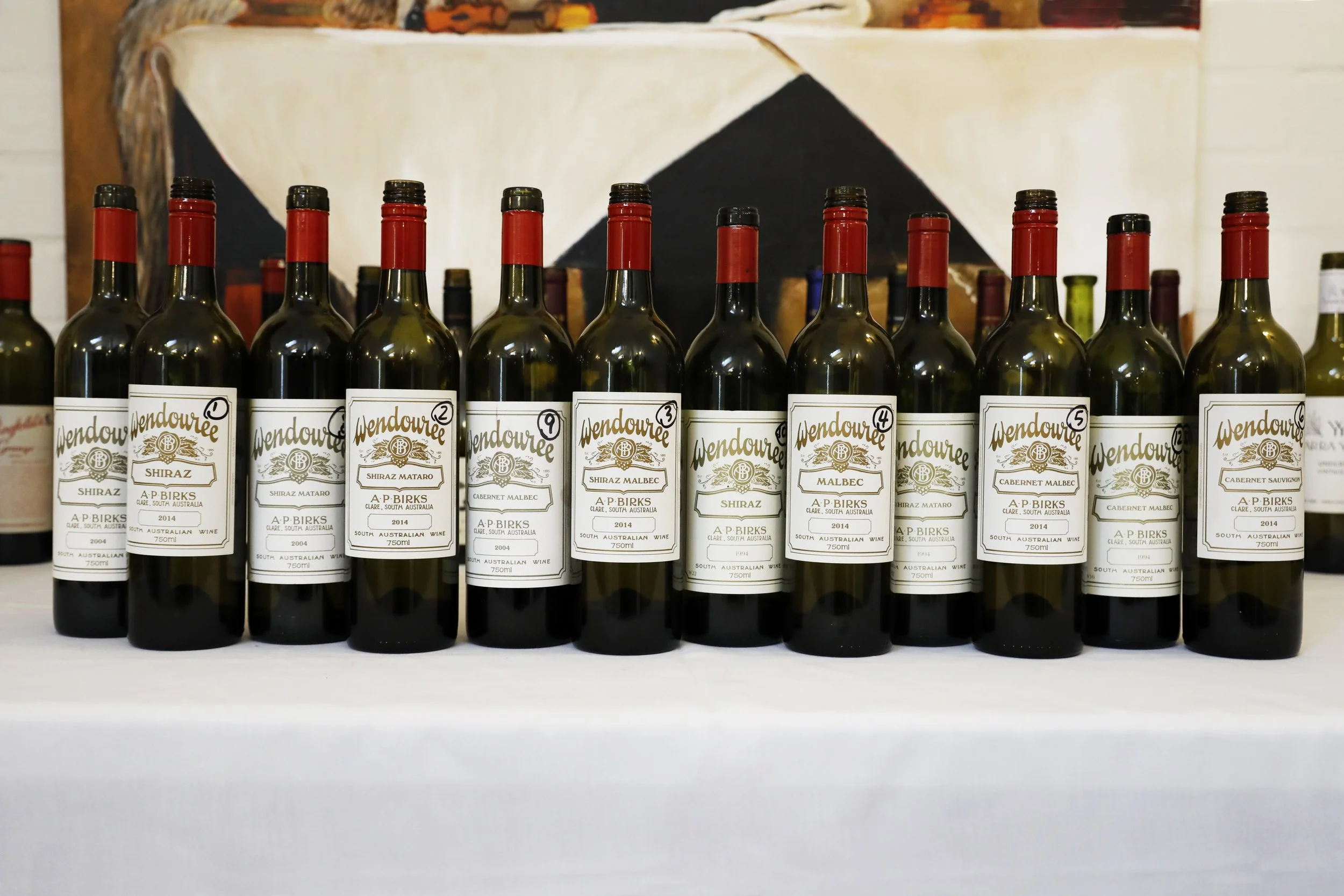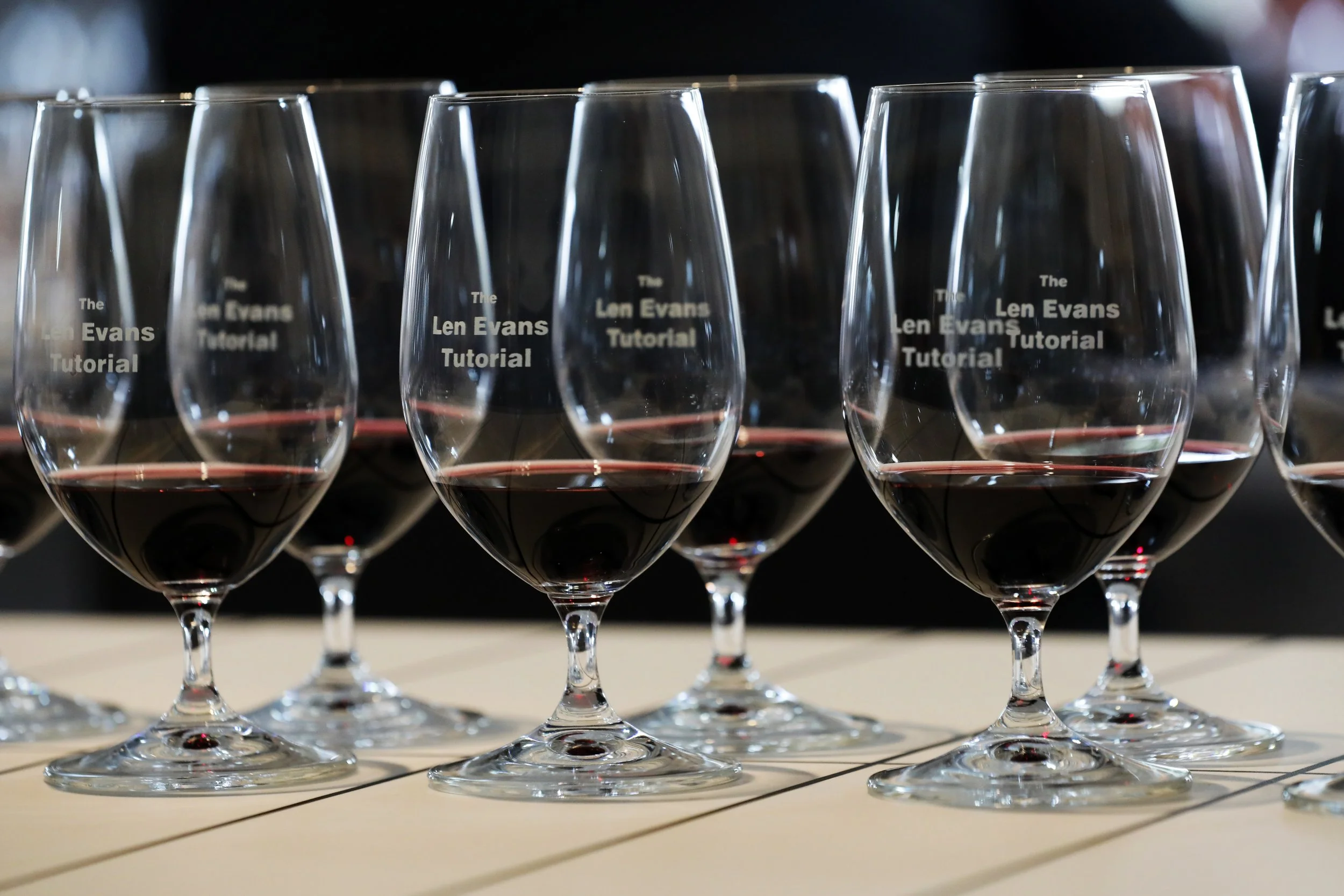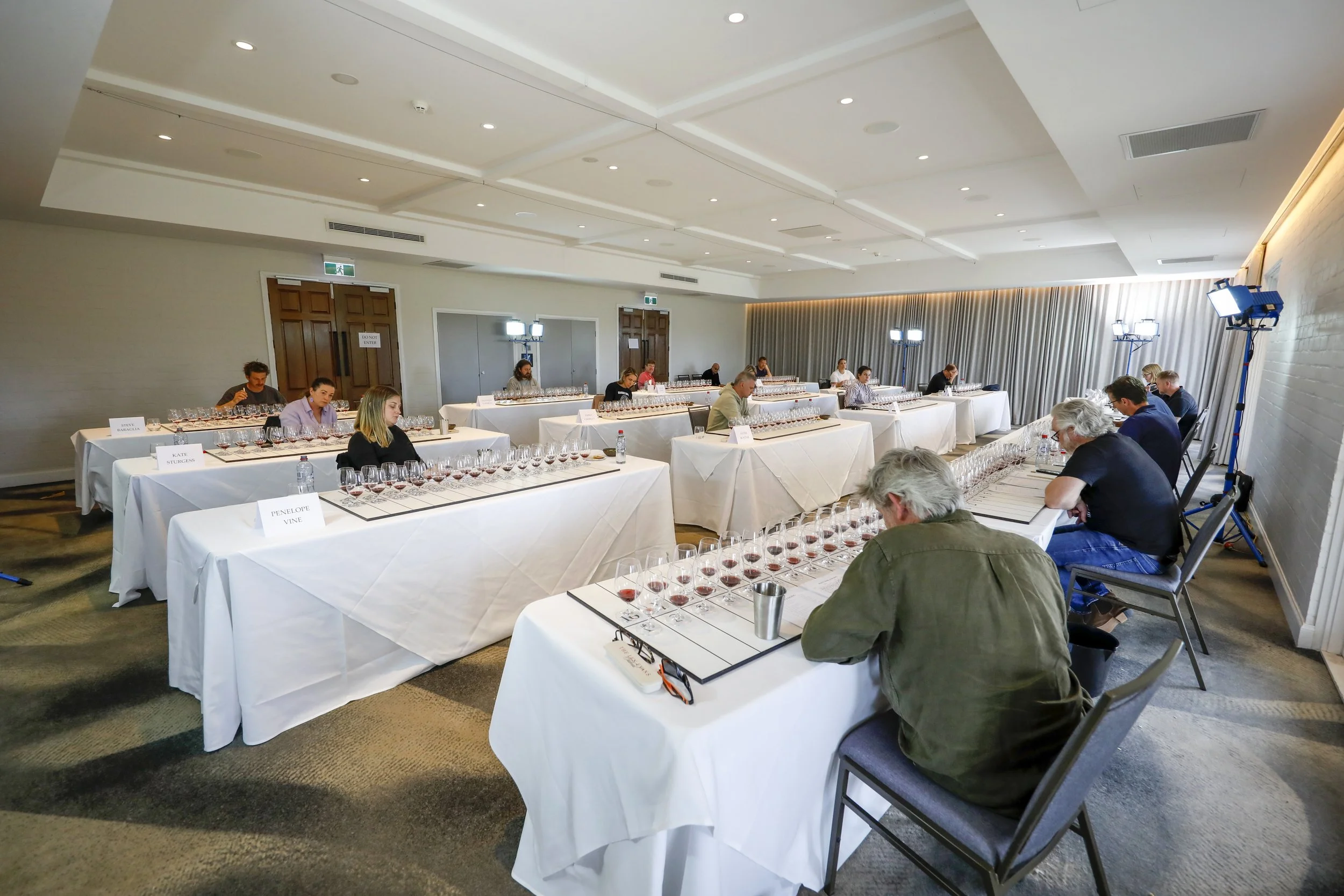Educational Objectives
BACKGROUND
Evans’ overarching vision was to make Australia a truly great wine nation, primarily by developing the wine-judging skills of the LET scholars.
The Australian wine show circuit is a highly developed and important part of the industry, being one of the primary arenas for the exchange of views, the evolution of Australian wine styles and the development of quality. In Evans’ mind, better wine judges, such as those produced by the Tutorial, meant better wine and a better wine industry.
While the modern Australian wine industry expanded at a rapid pace, an obsession with ‘technically correct’ wines had arisen, preventing the broadening of Australian wine styles. By tasting and analysing a wide range of wines from around the world, the LET scholars would develop an increased appreciation of where they may take the Australian wine industry in the future.
As the price of great wine continues to escalate and supply contracts, access to the wines presented during the week has moved out of reach for most of the scholars. By tasting and analysing the greatest wines of the New and Old World, scholars would aspire to the development and support of such greatness in Australia.
TODAY
Whilst Evans’ original vision is still a big part of the LET’s intent, over the last 10 years or so, the Tutorial's remit has expanded, providing high-level tasting experiences and education to participants who are then well placed to influence their peers and associates well beyond the wine show forum.
These days, the aim is to improve the overall skills and knowledge of our emerging industry leaders, who will continue to influence the evolution of the Australian wine industry in a multitude of ways. One key benefit is arming scholars with the skills and assurance to talk confidently about the quality of Australian wine on the international stage.
The first day of the Tutorial explores the history & heritage of Australian wine
The Tutors examine the judging bracket at the 2023 Len Evans Tutorial
Masterclasses provide a deep exploration of varieties, places or themes







